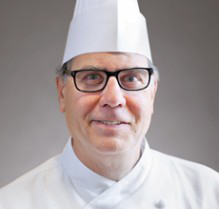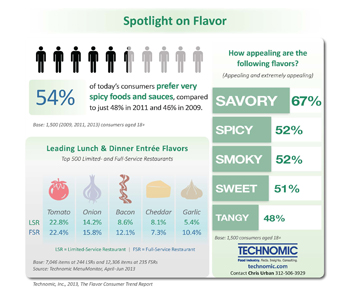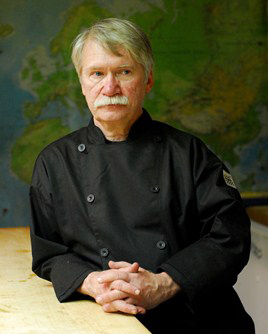Chicago’s top-ranked hospitality school predicts international knowledge and digital branding will drive global opportunities
The Kendall College School of Hospitality Management, ranked the No. 1 program in Chicago for preparing students for hospitality careers, has released its trends outlook for the hospitality industry in 2014.
1. Global Going Strong: International Knowledge in Demand
According to the World Travel & Tourism Council, the travel and tourism industry is currently among the largest and fastest-growing industries worldwide, forecasted to support 328 million jobs, or 10% of the workforce, by 2022.1 A top 10 industry in the United States, travel and tourism provides one out of eight jobs, with that number increasing at an exponential rate, adding approximately 55,000 jobs per month in 2013.2,3
Specifically, with the United States a global travel hub, forecasting nearly a 30% increase in international arrivals through 2018, and Chicago already reaching 65% of Mayor Rahm Emanuel’s goal of 50 million visitors by 2020 in just two years, Kendall suggests the No. 1 trend is “International Knowledge in Demand.”4,5
“It’s an exciting time to be part of a fast-paced and evolving industry, and it’s our goal as thought leaders to provide an unparalleled, well-rounded education that positions students ready for opportunities in the U.S. and beyond,” said Emily Williams Knight, Kendall College president. “Chicago is one of the most vibrant hospitality and business centers in the country, so students have a unique opportunity to literally be in the center of such a dynamic and important global industry, which ultimately gives them a professional edge.”

 A veteran educator takes a road trip in search of the perfect bite.
A veteran educator takes a road trip in search of the perfect bite. Famous artwork by Lou Dorfsman, to be showcased in The Culinary Institute of America’s new Marriott Pavilion, will support the Hudson Valley as a destination for art and culture.
Famous artwork by Lou Dorfsman, to be showcased in The Culinary Institute of America’s new Marriott Pavilion, will support the Hudson Valley as a destination for art and culture. For the first time, says Technomic, a majority of U.S. consumers prefers hot or spicy flavors. And sweet is the ultimate pairing partner when staying ahead of the flavor curve.
For the first time, says Technomic, a majority of U.S. consumers prefers hot or spicy flavors. And sweet is the ultimate pairing partner when staying ahead of the flavor curve. The advantages of peer coaching include helping people realize they can solve their own problems while helping others. It also broadens their awareness of how many people they can call on for assistance.
The advantages of peer coaching include helping people realize they can solve their own problems while helping others. It also broadens their awareness of how many people they can call on for assistance. Using games to teach will get both you and your students out of a rut. A round of Hangman, anyone?
Using games to teach will get both you and your students out of a rut. A round of Hangman, anyone? “The Gold Medal Classroom” launches a new editorial department and forum for deans and directors in 2014: a leadership think tank.
“The Gold Medal Classroom” launches a new editorial department and forum for deans and directors in 2014: a leadership think tank.